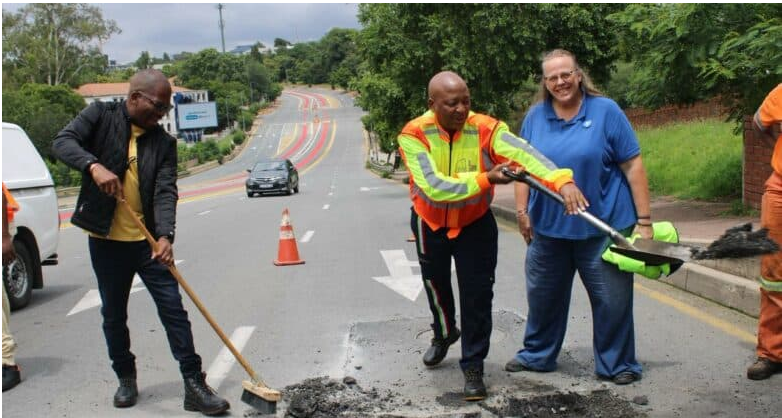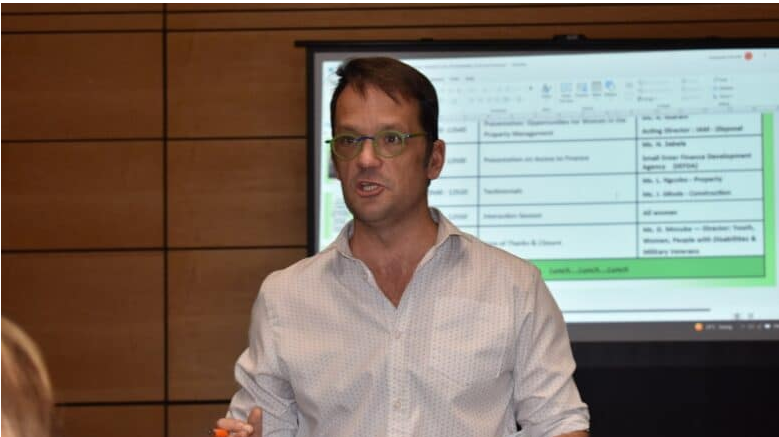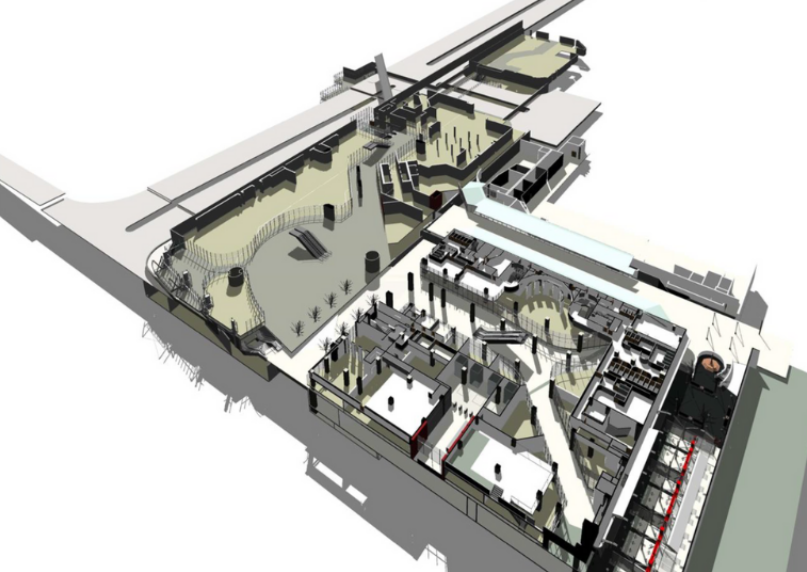Tribunal dismisses collusion complaint against two asphalt firms

Advertising
26-07-2019
Read : 204 times
Moneyweb
Source
The Competition Tribunal has dismissed a complaint referral against asphalt producers Roadspan Surfaces and Much Asphalt, who were accused by the Competition Commission of entering into an agreement to divide markets in contravention of the Competition Act.
The commission had alleged the two companies entered into the collusive agreement during a meeting in 2008, with Roadspan Surfaces agreeing not to set up an asphalt production plant in Gauteng in competition with Much Asphalt and, in return, to remain a customer of Much Asphalt for the supply of asphalt in the province.
Asphalt is a product used to tar road surfaces.
The investigation into the two firms formed part of a wide-ranging series of investigations by the commission into alleged anti-competitive practices taking place in the construction materials sector.
Collusive tendering
This followed the commission initiating a complaint in 2009 into alleged prohibited practices by construction companies related to the construction of the World Cup soccer stadiums, with the fast-track settlement process resulting in 15 construction firms agreeing to pay penalties totalling R1.46 billion for collusive tendering in contravention of the Competition Act.
The tribunal said in its order on the Roadspan and Much Asphalt case that it was common cause that a meeting between the two firms took place on May 22, 2008, when Roadspan was a recent entrant into the downstream market.
It said shortly after entering the paving market, Roadspan had acquired asphalt production equipment on auction from a firm known as Black Top Services, then in liquidation.
The reason for Roadspan acquiring the equipment was that the price was very attractive and demand for paving was likely to exceed supply in the build up to the 2010 World Cup.
Prior to the acquisition, Roadspan was only a paving company and did not produce its own asphalt but purchased asphalt from Much Asphalt.
First steps
The tribunal said Much Asphalt would have been concerned about Roadspan’s acquisition because, by purchasing the equipment, Roadspan was taking the first steps in entering the upstream production market, which was a market where it had not been active before.
It added that Much Asphalt, for this reason, wanted to know if Roadspan intended to enter Gauteng, a region in which it was active, and this became the subject of the meeting on May 22, 2008, where the commission alleged the collusive agreement was struck.
In its order and reasons issued on Thursday, the tribunal found that the commission had not discharged its onus to prove that a geographic market division agreement was struck between Roadspan and Much Asphalt at the meeting on May 22, 2008, as alleged by the commission.
‘No proof’
The tribunal further found there was no proof in relation to a possibility that an agreement was reached at a later meeting after May 22, 2008 but before July 2008.
It said the documentary evidence suggested that at best such a possibility may have been mooted by Much Asphalt prior to the meeting but the documents of both firms, prepared after the meeting, suggested that no agreement was reached.
In addition, the evidence that Roadspan never contemplated entering the production market in Gauteng at that time was compelling, and the evidence why it made no commercial sense at the time for it not to do so was also credible, the tribunal said.
It said Roadspan was able to explain that the equipment housed at Jet Park was simply being stored.
The evidence was also that the assets situated at Jet Park were described in internal documents, prepared at that time, as being “incomplete” and that on their own they were insufficient for Roadspan to be able to enter the Gauteng market to produce asphalt, the tribunal said.
Recent News
Here are recent news articles from the Building and Construction Industry.
Have you signed up for your free copy yet?









